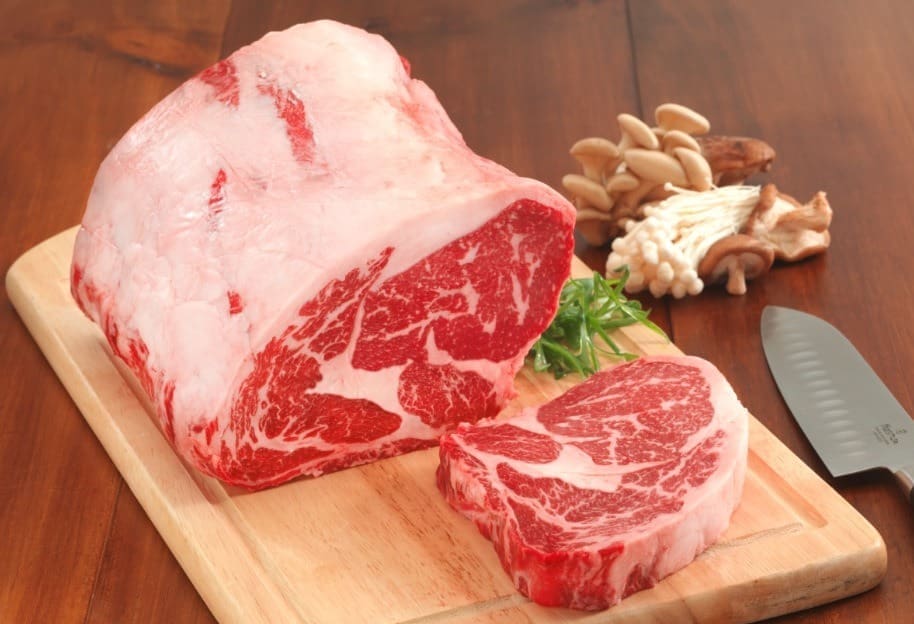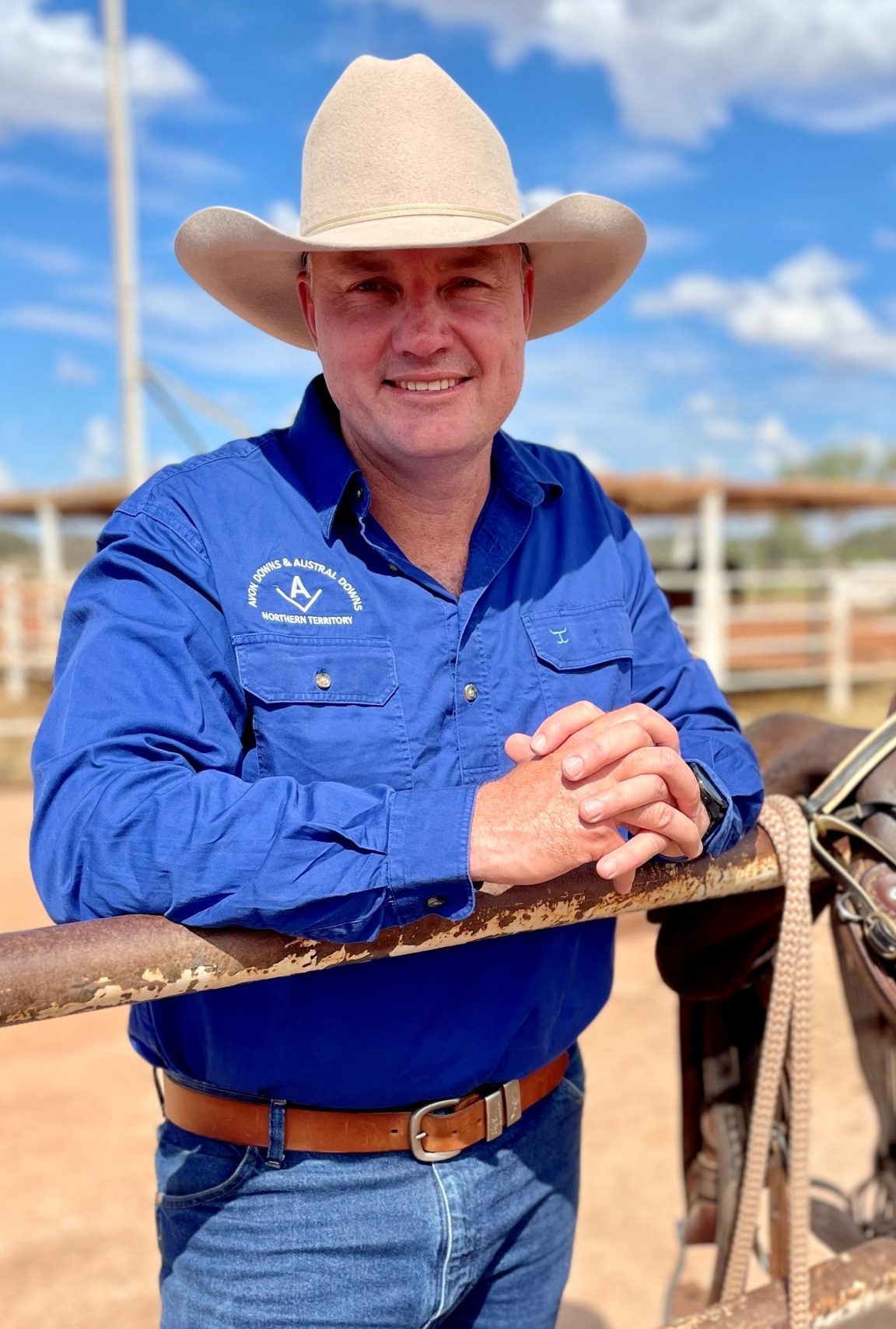The Australian Agricultural Co’s half-year results released today showed an improved operating profit $38.3 million, up 28 percent from $30 million for the same half last year.
The result for the six months ended 30 September was driven by a 25.9pc improvement (20.1pc when currency is accounted for) in average meat sales price per kilogram, as a result of the company’s focus on its premium brands and strategic market allocation. Meat sales revenue rose by 19pc on the prior period to $122.3m in revenue, despite lower volumes sold.
on the prior period to $122.3m in revenue, despite lower volumes sold.
The strength of the company’s financial position is highlighted by the value of net assets, which are now worth $1.4 billion. This growth versus the same period last year is largely the result of a $71m increase in the value of the herd, from increased brandings in the period, and additional weight, as herd optimisation continues.
Operating cashflow of $3.4m reflected a higher overall cost environment, as well as more live weight kilograms produced, which resulted in an increased spend versus last year.
The statutory net profit after tax is $51.6m and statutory pre-tax earnings reached $92.3m, both down on the prior period as a result of lower fair value adjustments, as cattle prices in Australia normalise.
While recognising the positive result, managing director and chief executive David Harris said the company remained focused on its five pillars strategy to continue to produce positive results, despite global economic uncertainty.
“Our margins are higher, we’re continuing our proactive sustainability agenda, we have advanced several key projects and we’ve been able to do more with less, producing 18pc more liveweight kilograms while only increasing production costs 1pc,” Mr Harris told shareholders.
Delivering full potential from brands
Underpinning the higher operating profit margin was AA Co’s ability to secure increases in the average meat sales price per kilogram across all markets.
The Westholme Wagyu brand expansion in the US produced results in the first half of the year. The targeted allocation of product and a focus on growing brand led to higher pricing.
North America represented 29pc of total meat sales, while there were also solid increases in Europe and the Middle East, which now represents 17pc of meat sales.
Westholme sales in Australia increased 35pc, supporting strong increases in average price despite a lower volume compared to the prior period. Sales were also allocated away from Asia into food service markets, optimising global supply across the carcase, though it remains AA Co’s largest volume region.
“The ongoing return of food service after COVID has helped these results and it is clear the strength of our brands is also a significant factor,” Mr Harris said.
The 25.9pc increase in branded meat sales price per kilo was testament to the continued growth of Westholme and Darling Downs Wagyu brands, now accounting for more than 88pc of branded beef sales.
Sustainability strategy
AA Co’s sustainability program continued to build momentum through the first half of the year, including progressing its five key commitments and releasing the company’s third Sustainability Report.

David Harris
Among the achievements, the company reached the half-way point in its asparagopsis trial methane mitigation trial, designed to help the company understand the potential for reducing methane emissions in Wagyu cattle.
“We’ve also taken a significant number of core samples to help build our landscape carbon satellite tool, that could bring down the cost barrier for participation in soil carbon markets,” Mr Harris said.
AA Co’s solar bore transition continues, and the company is now on track to switch all bores from diesel to solar by 2024. Each pump that is changed from diesel to solar reduces carbon emissions by an estimated 6t per year.
Operating environment
Global economic conditions have shifted significantly compared with the same time last year, with rising inflation and interest rates impacting the cost of living. The IMF is forecasting that 2022 and 2023 will record the lowest global economic growth rates since the Global Financial Crisis in 2007.
Regarding biosecurity, the potential risks and challenges of Foot and Mouth Disease and Lumpy Skin Disease remained low, in AA Co’s estimation, however the company said it would continue watching for any developments.
US drought impact
AA Co said it was monitoring the heavy drought conditions and impact on herd size in the US, which may result in global opportunities as it coincides with the ongoing rebuild of herds across Australia.
“We are wary of the evolving global economic conditions but will stick to the fundamentals and the strategy that have served us well through other challenges over recent years,” Mr Harris said.



Congratulations !!